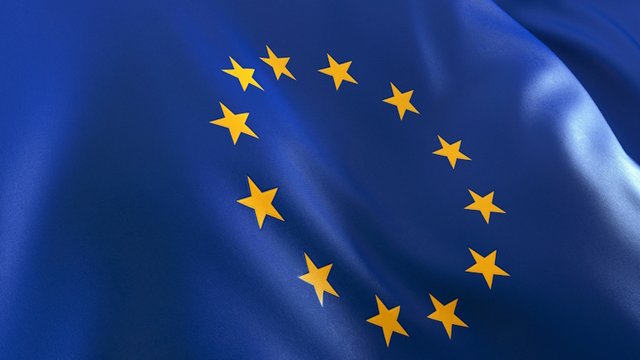Euroclear study softer options for managing frozen Russian

The European Union (EU) is considering a new option for using frozen Russian assets for further transfer to Kyiv - investing them in riskier investments to increase income, but with the condition that the principal amount (capital) itself remains untouched, Politico reports.
"The European Commission is floating a new idea of how to send billions of euros of frozen Russian assets to Ukraine, by replacing the money transferred to Kyiv with EU-backed IOUs," the report notes.
It notes that almost EUR 200 billion in Russian assets have been frozen since Moscow’s full-scale invasion of Ukraine in February 2022. Most of the assets are held at the Brussels-based financial institution Euroclear.
The new proposal, which one official called “legally creative,” could unlock a significant stream of additional funding for Kyiv’s war effort without technically expropriating the Russian assets themselves, which would be legally risky.
According to four officials briefed on the matter, Commission officials proposed the idea to deputy finance ministers behind closed doors in Brussels on Thursday. The proposal drew cautious enthusiasm, but no agreements or commitments were reached. One official said a formal proposal could come soon.
As Ukraine faces a budget deficit of around EUR 8 billion next year, EU countries are discussing new ideas for continuing to fund the war-torn country amid shrinking domestic budgets.
Yaroslav Zhelezniak, a member of the Ukrainian parliament (Holos faction), commented on the initiative. "As I understand it, here's the answer: where will the EU find us additional money to finance the budget gap this year and next? Again, from the frozen assets of the Russian Federation (or rather, from their profits). To put it simply, the EU is considering investing frozen assets in riskier investments to increase revenues, but with the condition that the principal amount (capital) itself remains intact," he wrote on Telegram on Saturday.
